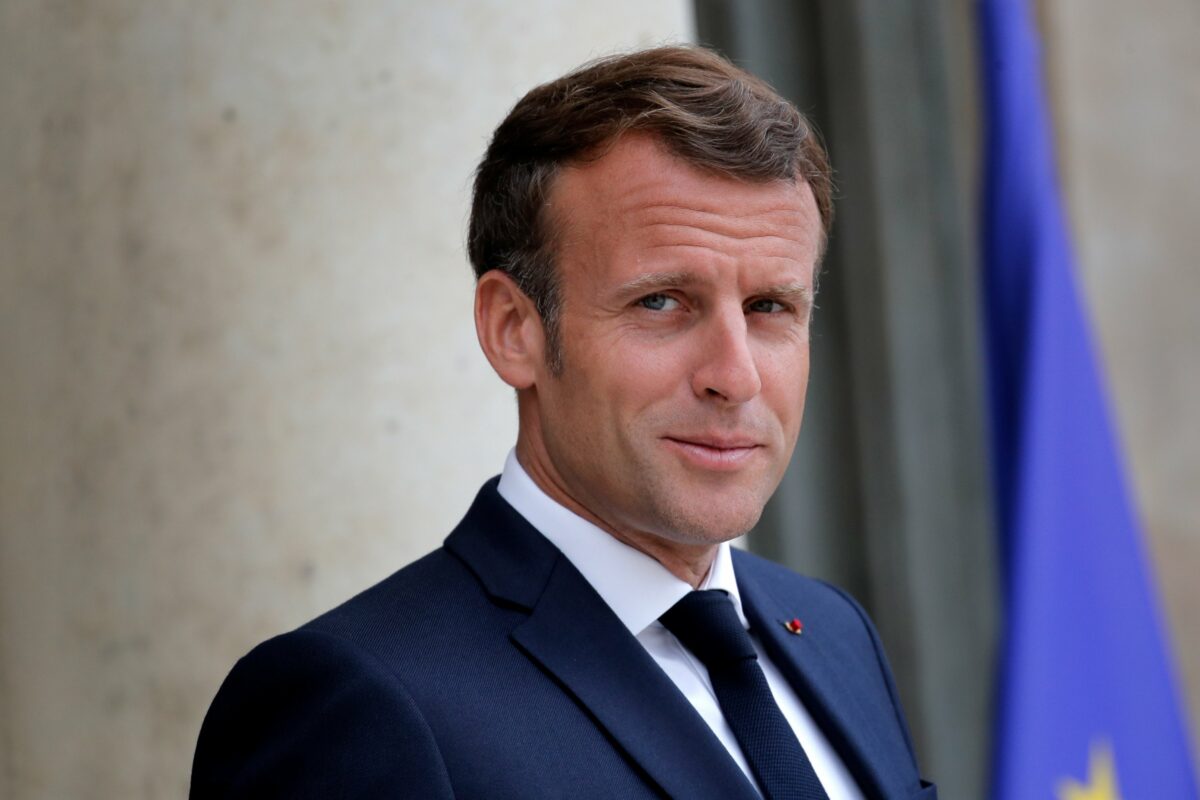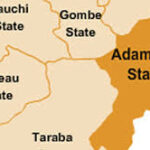Against the background of the recent military takeover in Mali and Burkina-Faso and the ill-feelings directed at France for being behind the economic and security issues that necessitated the military actions in the two countries, the time has come to put the French presence and role in Africa on the microscope.
Long after colonialism ended in Africa, the French have continued their presence in Africa under an arrangement that for all practical purposes amounts to a continuation of colonial subjugation of the territories that came under their control. While the other colonial powers in Africa, Britain, Spain and Portugal in varying degrees had folded their colonial enterprises and let their former colonies chart their own course, the French contrived to remain under a one-sided arrangement that suits their interests exclusively.
Take the economy for example. The French arranged to impose on their former colonies a system where it retained the monetary and fiscal policies tying them to the French economy. They were to deposit the earnings from their foreign trade into the French treasury in return for which France created a currency of exchange for those countries, which it controls. The currency, which is CFA, as explained by the French is to ensure the stability of trade and commerce in those countries. But in reality, it is to tie down the French-speaking countries to exclusive French manipulation and control.
Thus France determines what its former colonies export and import and then place the value on them. And also, by that, France retains these countries collectively as an exclusive economic zone for French companies to exploit at will. France has the exclusive rights to extract their minerals, their agricultural produce and whatever else they produce economically. French companies also have exclusive rights to dump French products in those countries and at prices determined by France.
But the most galling of all is that these countries cannot have access to their foreign reserves domiciled with France without French approval. And there are limitations imposed by France on how much can be approved. In approving the request for access to their foreign reserve, France also requires that they pay a fee for granting the request. And of course, it is always French companies that will evaluate and execute the project or programme at a cost determined by France.
So economically, France passes on its cost of existence on its former colonies that do the heavy lifting. To keep the situation perpetually to its advantage, France discourages the countries from pursuing independent trade relations with other countries unless it says so.
To keep this exclusive economic control, France imposes on its former colonies a defence arrangement that allows France to intervene militarily in their internal affairs. The French military presence in these countries is to change governments that do not appear to be following the dictates of France. The governments of these countries, which are imposed by France anyway, have no say in the deployments and running of the French military bases in their countries. Indeed, those bases are exclusive zones of France and out of the jurisdictions of the governments of the host countries.
From the French bases, the French government in Paris routinely intervenes to change governments regardless of whether they are popular and based on the will of the people or not. And France always prefers to install leaders that are pliant and beholden to it in continuation of its economic control.
Again the French, who regard themselves as the highest form of civilisation on earth, discourage any manifestation of cultural independence in their former colonies unless, of course, it benefits them commercially. But in those countries, the French try to impose their culture in a way that requires compliance failing, which ostracism and other forms of exclusion are applied on culprits.
It is not difficult to see why former French African colonies have remained tied to the apron strings of France. France has hardly allowed them any room to manoeuvre and determine what they want for themselves economically, politically and socially. And France has left them impoverished and without any hope for the future.
Why has France gotten away with this? France’s allies in the Western world know all these and chose to look the other way because France is considered a very integral part of western civilisation. France also contributes significantly to the economic and defence interests of the West. Africans, anyway, are considered primitive savages who do not deserve any form of recognition in terms of their economic and political rights.
But the times are changing. The youths of the francophone African countries are tired of French domination of their countries. Due to lack of economic opportunities in the countries, many have elected to make the hazardous journey across the Sahara desert in search of better times in Europe only for many of them to get drowned in the Mediterranean Sea. Those that eventually make it to Europe face racism and all kind of discrimination.
And despite its military presence in those countries, France has not been able to secure them from insurgents. To their chagrin, France only defends the areas where its companies have their operations.
From all indications, it is clear that the era of France’s control of its former African colonies is coming to an end and it is instructive that this push is coming in the poor Sahelian countries considered the weakest link in the whole French arrangement in Africa.
The French would do well to smell the coffee before it is too late.

 Join Daily Trust WhatsApp Community For Quick Access To News and Happenings Around You.
Join Daily Trust WhatsApp Community For Quick Access To News and Happenings Around You.


